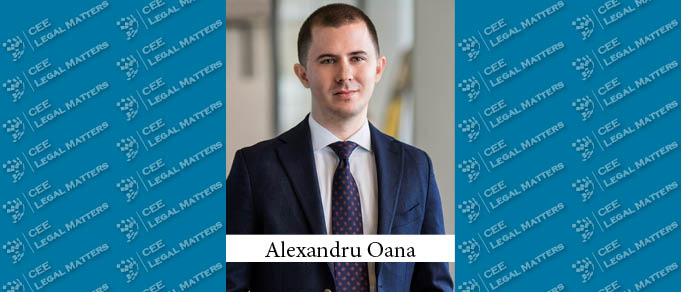As the main arbitration body in Romania sees an increase in disputes caused by the long-lasting effects of the COVID-19 pandemic and the recent financial crisis, claimants and respondents who file arbitration claims/counterclaims may need to turn to third-party funding for the disputes to cover the arbitral expenses.
Background of Arbitration in Romania
Romania does not have UNCITRAL Model Law-based legislation nor a separate arbitration act. All the relevant provisions governing arbitration and international arbitration are set forth in the Romanian Civil Procedure Code (RCPC), in Book IV (national arbitration proceedings), and in Book VII, Title IV, international arbitration proceedings.
In practice, parties rarely turn to the general provisions laid down in the RCPC and, usually, apply the arbitration rules of the Court of International Commercial Arbitration attached to the Chamber of Commerce and Industry of Romania (CICA). The arbitration rules of the CICA (Arbitration Rules) are largely based on the ICC Arbitration Rules and on the general provisions of Romanian civil procedural law. Moreover, the CICA is the most popular arbitration body in Romania, seeing an increase in caseload after the recent enactment of Government Decision no. 1/2018, by which it was named the de facto arbitration body for disputes related to public works contracts.
Third-party funding is not expressly regulated either by the RCPC or by the Arbitration Rules, however, both contain several provisions which may act as roadblocks to third-party funding.
Possible Roadblocks for Third-Party Funding
The biggest three roadblocks to third-party funding of arbitration proceedings in Romania are (1) confidentiality of the case documents, (2) the independence restrictions for arbitrators, and (3) limited chances of granting a party the third-party funding costs as arbitration costs.
First, the confidentiality of the case documents might prove to be a roadblock in the due diligence phase, before the third-party funding agreement is concluded. Most arbitrations administered by the CICA are based on disputes related to public works contracts concluded within public tender proceedings, in which either the claimant or the respondent is a state authority.
Thus, some of the documents related to a public works contract or public tender may be deemed confidential. Disclosure of confidential documents is generally permitted to courts and arbitration bodies, as well as to the law firm representing the claimant or respondent or any other participant in the proceeding (expert, witness, etc.). The confidentiality rules and limitations applicable to lawyers and law firms in Romania and to other participants in the arbitral proceeding are not applicable to the funder, given that its position is regulated by neither the RCPC, nor the Arbitration Rules, nor by any other Romanian legislation. To avoid breaching the confidentiality of case documents, the funder should always conclude a non-disclosure agreement and the party seeking funding should disclose the identity of the funder once the proceedings have begun.
Second, there is no general obligation for the party seeking funding to disclose the identity of the funder in the arbitral proceedings. However, both the RCPC and the Arbitration Rules set forth strict independence restrictions for arbitrators, who may be deemed incompatible if they cooperated or have had work relationships with the parties in the past.
The independence restrictions for arbitrators should extend to the relationship with the funder, not only to the party seeking funding. To avoid any issues regarding the independence of the arbitrator, the party seeking funding should disclose the identity of the funder before the appointment of the arbitrator/s.
Third, while in common law jurisdictions, there is the possibility to award third-party funding costs as arbitration costs, in Romania, arbitration costs include the registration fee, the arbitration fees (administrative fees and fees of the arbitrator/s), costs related to evidence production (including translations), lawyers’ fees, experts’ and advisors’ fees, travel expenses for all involved parties, and other costs related to the arbitration proceedings. In our opinion, third-party funding costs fall out of the scope of other costs related to arbitration proceedings and, if requested by a party, the arbitral tribunal will most likely write them off.
Although there is still a gap between Romania and jurisdictions in Northern and Western Europe, we expect that the CICA will play catch-up sooner rather than later. In this context, third-party funding should become commonplace in arbitrations seated in Romania. To avoid unnecessary roadblocks along the way, both the CICA, in its’ Arbitration Rules, and the Romanian legislator, in general, should look at amending arbitration rules to make place for third-party funding as a means for parties to take full advantage of all the benefits of arbitration proceedings.
By Alexandru Oana, Co-Head of Dispute Resolution, Bancila Diaconu si Asociatii
This Article was originally published in Issue 9.8 of the CEE Legal Matters Magazine. If you would like to receive a hard copy of the magazine, you can subscribe here.






















